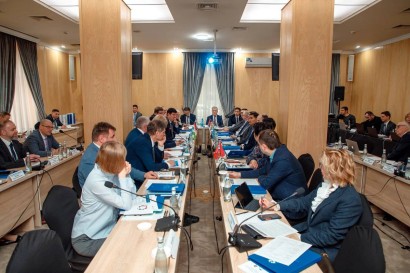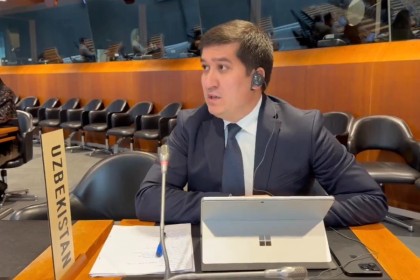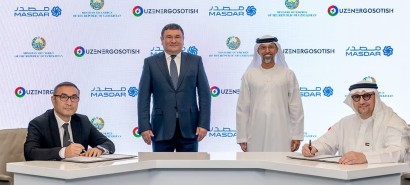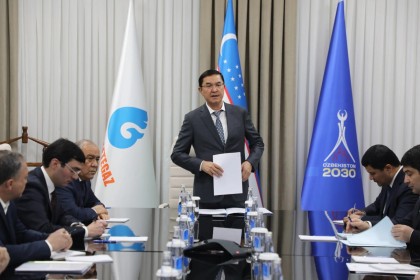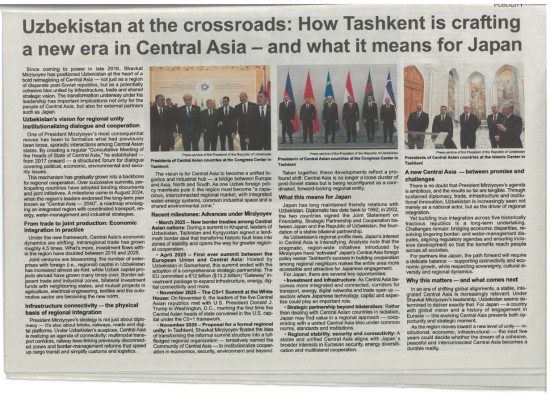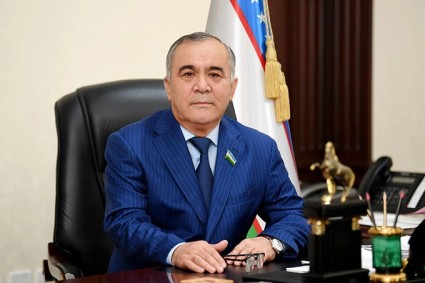Enhancing the level of proper and ethical media coverage on issues related to persons with disabilities, especially children, is crucial to countering stigmas and ensuring their full inclusion and active participation in society, UNICEF has said at a major meeting of senior media managers.
Media manager’s, journalists and bloggers from Uzbekistan’s largest media organisations and NGOs participated in a UNICEF organized roundtable on 16 February to develop a joint media plan and discuss plans to increase coverage of issues faced by persons with disabilities in mass media.
Participants discussed issues including how to enhance ethical coverage surrounding the issue and the main directions of the Presidential Decree on ensuring the “On Measures for Cardinal Improvement of the State Support System for Persons with Disabilities.”
“The media plays a critical role in shaping correct attitudes, informing and educating the public on various issues and countering negative stereotypes for persons with disabilities, especially children,” said Sascha Graumann, UNICEF Representative in Uzbekistan.
“Increasing the level of engagement of mass media in covering issues of concern related to persons with disabilities and especially children in a proper and ethical way can effectively sensitize decision-makers at all levels and the public that children with disabilities are rights-holders and not passive recipients of charity.
“UNICEF is working closely with the Government of Uzbekistan to ensure that the concerns of persons with disabilities are adequately addressed through the implementation of the State Programme for Persons with Disabilities and relevant legislation.”
Children with disabilities are often separated from their families and face discrimination and abuse, Mr. Graumann added.
There are 84,900 children under 16 years old who are registered with disabilities in Uzbekistan, official data from the State Committee on Statistics shows.
Up to 14,636 children live in special boarding schools for children with mental and physical impairments far away from their families and mahallas. Around 90 per cent of all children living in institutions (orphanages and boarding schools) are children with disabilities.
“Stigma and a lack of understanding is largely behind all barriers towards the full realisation of the rights of persons with disabilities, especially children.” said Yana Chicherina, Team Leader of the Joint UN Programme on Persons with Disabilities.
“Showing persons with disabilities, especially children as active participants of society can create an enabling environment and positive attitudes and break down these barriers towards realizing their rights.”
UNICEF is working closely with the Government of Uzbekistan on the implementation of the State Programme for Persons with Disabilities and relevant legislation, Ms. Chicherina added.



